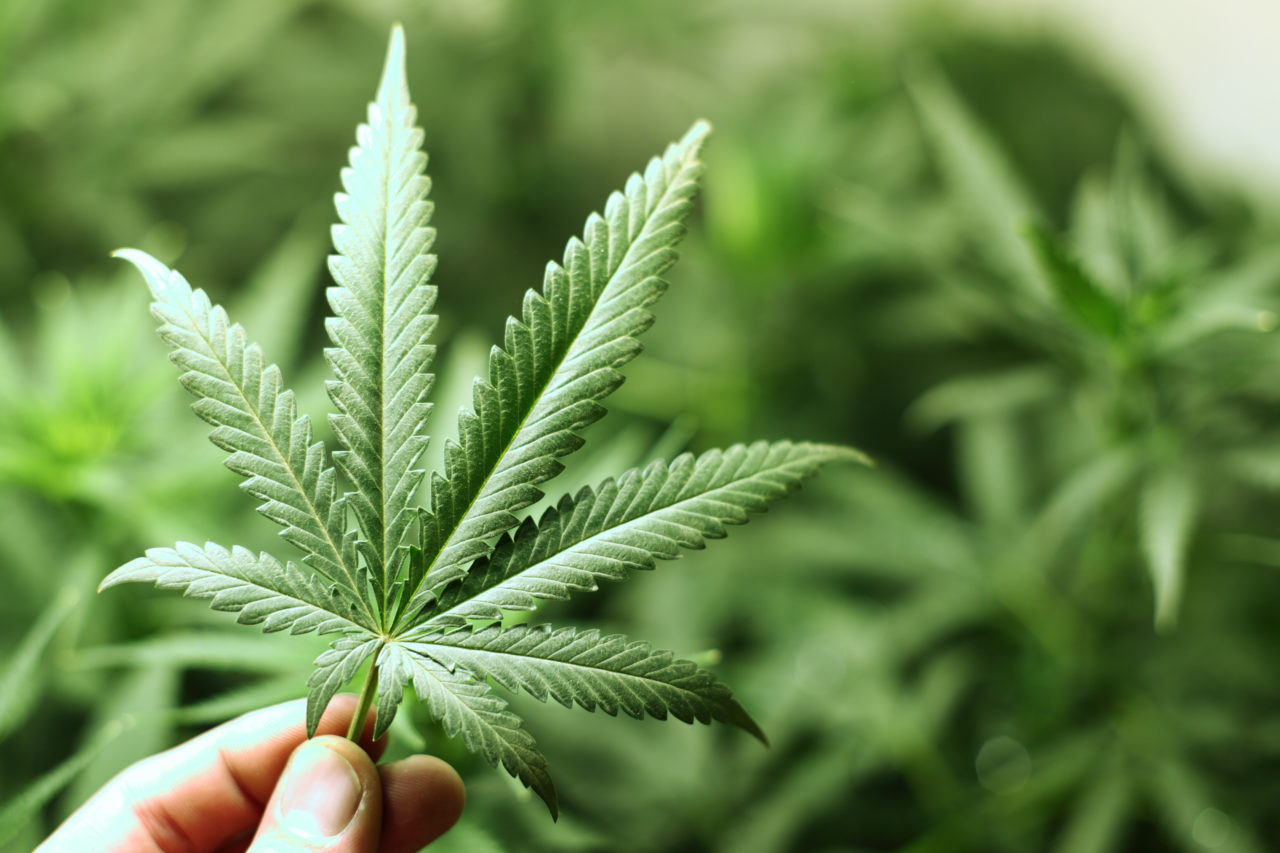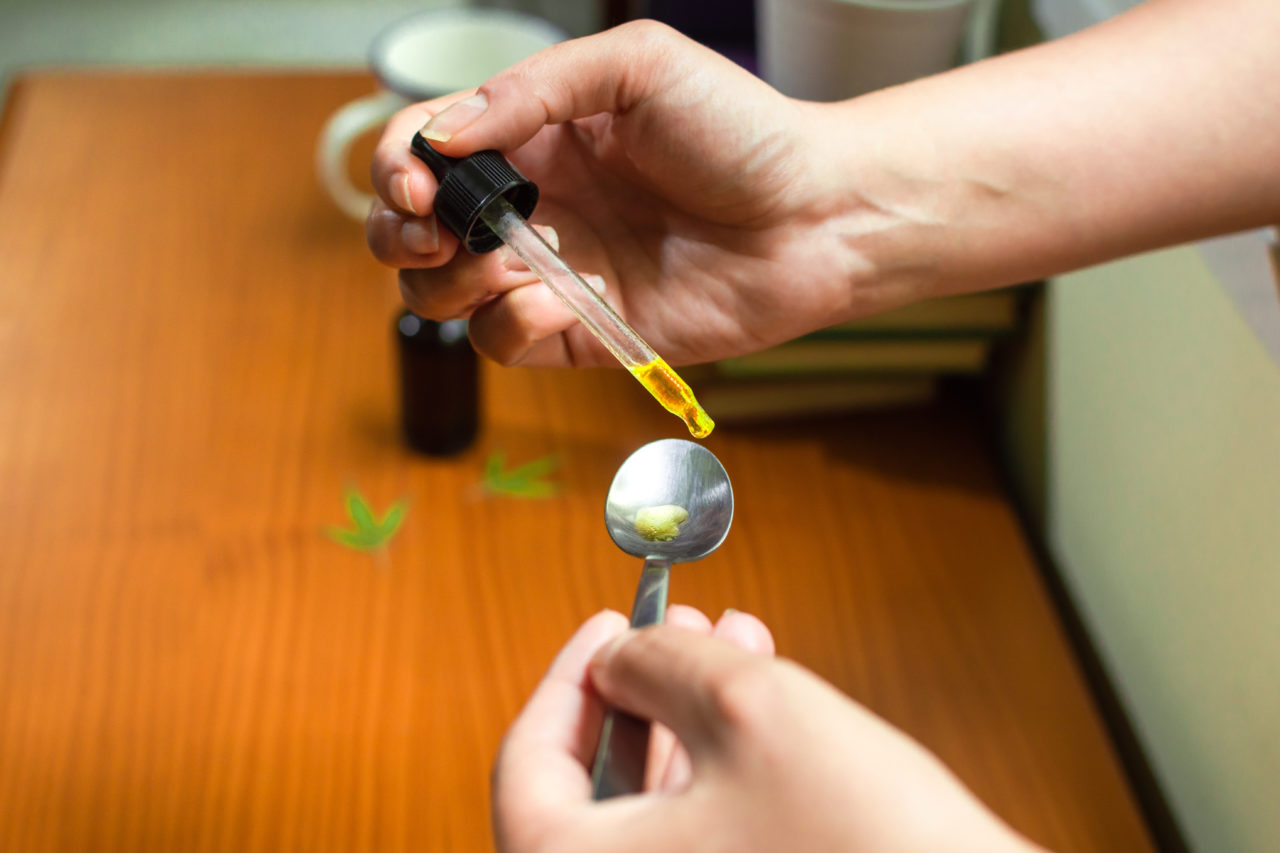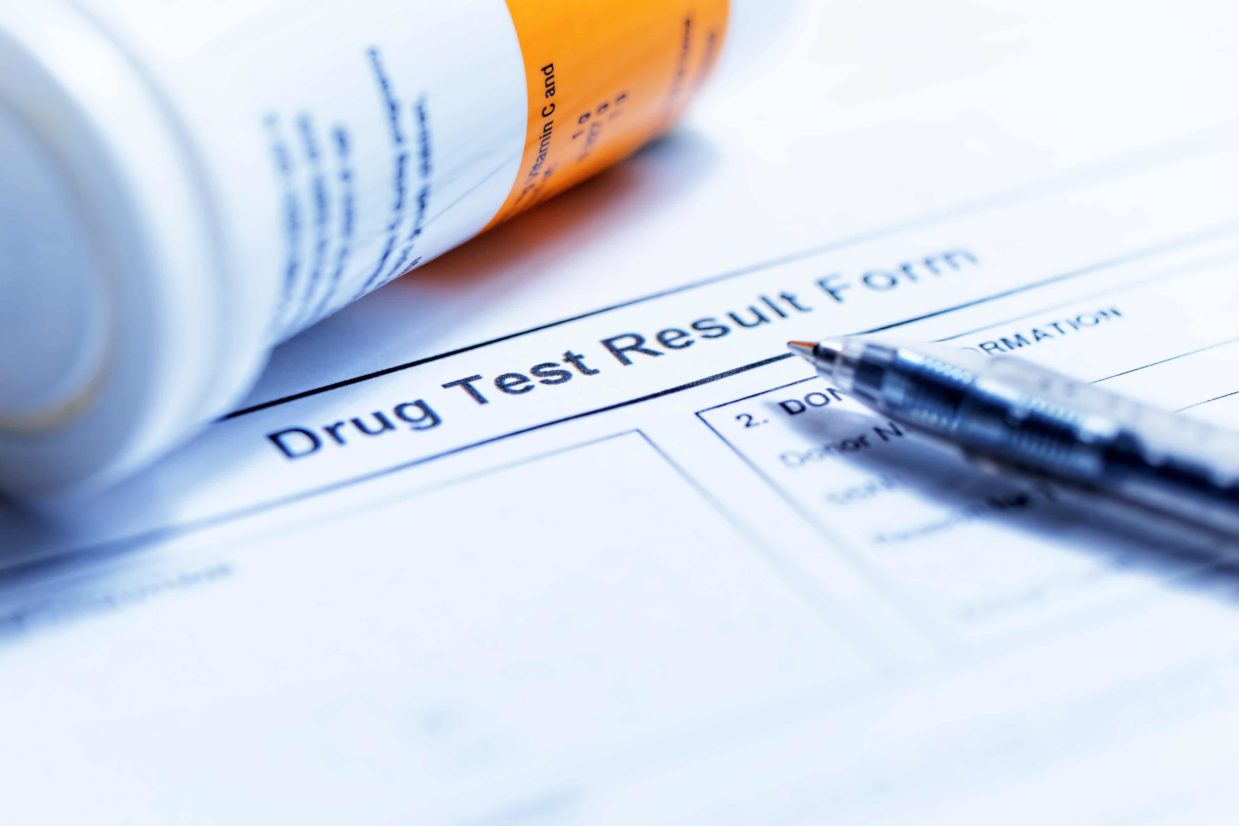During the first full year of Utah’s medical cannabis program, patients could obtain a letter of recommendation from a qualified medical provider (QMP) before going to a dispensary to purchase product. That has since changed. Medical cannabis pharmacies can no longer accept letters of recommendation. Now, only patients holding valid medical cannabis cards can purchase product.
We understand that this particular change in the law has caused some inconvenience. Rest assured that state lawmakers are working on ways to improve the rules. In the meantime, we thought it might be helpful to discuss why a medical cannabis card works better than a letter in the long run. A good place to start is the concept of recommending cannabis as a medicine.
Legitimate Medical Benefits
Medical cannabis is now legal in thirty-six states and the District of Columbia. Lawmakers in all those states have wrestled with the realities of historical recreational use. They have had to carefully craft programs that recognize the legitimate medical benefits of cannabis without delving into the recreational issue. State-issued cards play a role in that.
By mandating the cards, legislators are officially and legally recognizing cannabis as a legitimate medical product that, like all other prescription drugs, requires some measure of control. In that respect, the card program is a good thing. It gives official recognition to medical cannabis.
Better Data Collection and Tracking
Letters of recommendation served a vital role in that they verified a QMP’s recommendation to patients. The medical cannabis card accomplishes the same thing, but it also has an added benefit: it helps to facilitate better data collection and tracking via the state database.
A patient’s data is entered into the system upon the issuance of a state card. Every time that patient visits a medical cannabis pharmacy, information from the card is included with the purchase. This provides more data for the database. In this way, the state health department can collect and analyze data that will only help further the cause of medical cannabis. This is also a good thing.
Greater Patient-Doctor Interaction
The transition from letters of recommendation to state-issued medical cannabis cards includes regular renewal requirements. A patient’s first card is valid for 90 days by default. Any cards renewed after 90 days have a default six-month validation. Thereafter, patients renew every six months.
This system facilitates better patient-doctor interaction by requiring patients to see their QMPs on a regular basis. It is no different from any other prescription medication program. State and federal laws require patients to routinely see their physicians in order to renew long-term prescriptions used to treat everything from high blood pressure to arthritis.
It would be difficult to encourage the same kind of interaction with a simple letter of recommendation. This is due to the fact that such letters, not being issued by the state, are more difficult to track over long periods of time.
Things Will Get Better
It goes without saying that no longer allowing letters of recommendation has made obtaining medical cannabis more difficult for some patients. Obtaining and renewing a medical cannabis card can be especially challenging for patients who live in some of Utah’s more rural areas. But the law is the law.
We want to encourage all Utah patients to hang in there. Things will get better. Remember, our medical cannabis program is still fairly new. It is going to take some time for the state to work out all the kinks. In the meantime, Beehive Farmacy will continue to serve patients in Salt Lake City and Brigham City.



